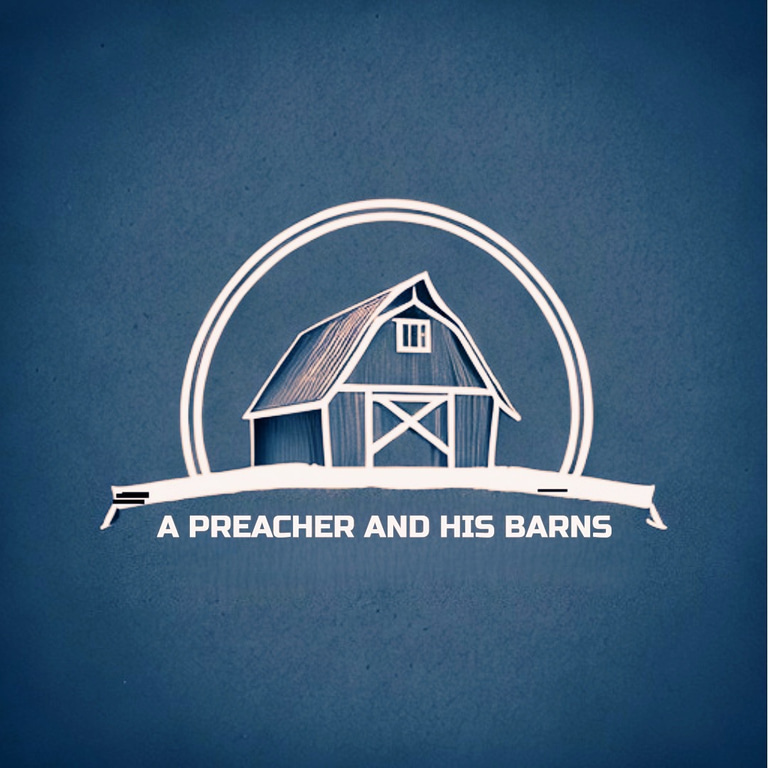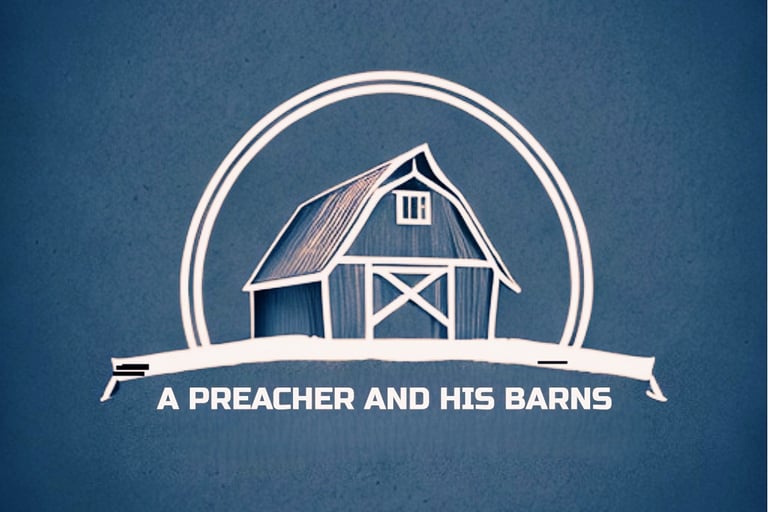I Have Decided To Follow Jesus
Most of us remember singing the song “I Have Decided To Follow Jesus“ over the years. It became a popular song of the Billy Graham Crusades and spread quickly to the churches via youth groups and revival camps.
FEATUREDDEVOTIONS


I Have Decided To Follow Jesus
Most of us remember singing the song “I Have Decided To Follow Jesus“ over the years. It became a popular song of the Billy Graham Crusades and spread quickly to the churches via youth groups and revival camps. The song, however, originated far away from America in the remotest parts of India, near the Himalayas.
In the mid-19th century, Welsh missionaries arrived in India and many were called to the primitive headhunting tribes of the Garo district. Among the early converts was a young father by the name of Nokseng.
When the tribal chief learned that Nokseng had become a Christian, he demanded that he deny his new faith. When he refused, the entire tribe was summoned to a meeting. If Nokseng did not deny his faith, his sons would be publicly executed. Nokseng’s response to his tribe was, “I have decided to follow Jesus. No turning back.”
His sons were killed as the entire village watched.
As his sons lay dying, the chief again gave him a chance to recant, saying, “Will you deny your faith? You have lost both your children. You will lose your wife too.” But Nokseng replied, “Though none go with me, still I will follow. No turning back.”
She, too, was put to death. His entire family now gone, Nokseng was told that he would also lose his own life if he didn’t deny Jesus. He stayed resolute and died with the words on his lips, “No turning back”.
The whole village was shaken. How could this family die for something so trivial? They began to ask, “Who is this Jesus?”
The chief, himself, was deeply touched and was so impacted by their faith that he suddenly announced that he was going to follow this Jesus. The entire village followed him to salvation.
That story was often retold by Indian evangelist Peramangalam Porinju Job (1945-2012), known as the Billy Graham of India and documented in his book, “Why God, Why?”
The song first appeared in hymnals in NE India in the 1920s-30s and spread to America in the 1940s. It has a distinct Indian meter and tune, even though you have probably only heard it with a guitar by a folksinger. It has become incredibly popular even though most people have never heard of the tremendous impact of a faithful family to their friends and community.


